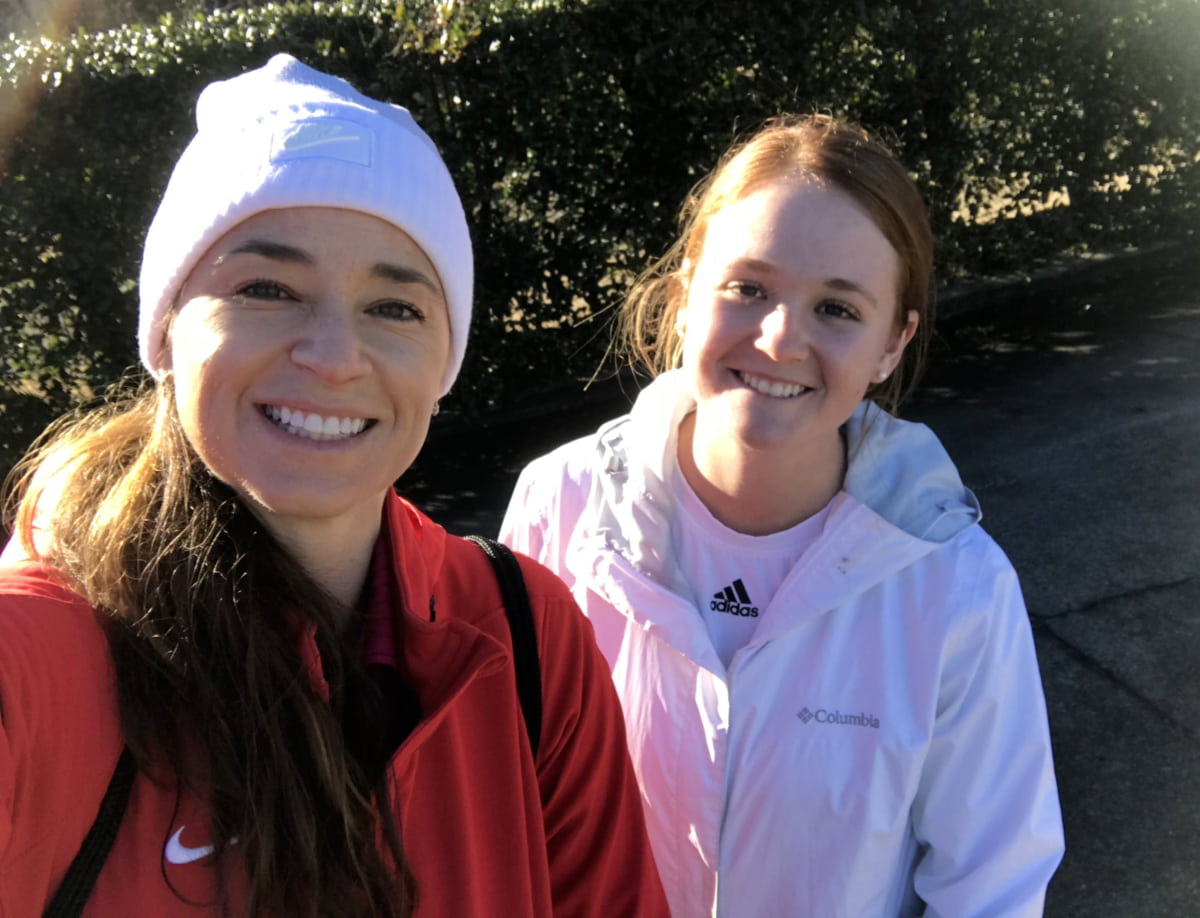As everyone knows, college is a time centered around personal growth and tremendous potential for learning. The entire experience presents a “sink or swim” opportunity for students to figure things out. Playing collegiate golf intensifies the need to learn, not only about the game but also about one’s self.
Beyond the standard lessons learned in college, such as how to manage time, improve study habits, or make responsible decisions, I was lucky to have learned so much more through my collegiate experience.
#1
“Fair is a place where pigs win ribbons”
“Fair is a place where pigs win ribbons” is an expression I heard but never appreciated until I played college golf. The gist of the expression is that there is no such thing as “fair” in real life, other than the carnival that comes around once a year. Nothing taught me this unexpected lesson better than playing golf in college.
Coaches often face complex and tough decisions about who to play and who to sit. Often, what seems logical, or fair, is disregarded. In relation to the concept of “fair”, I learned that the Coach has ultimate power and that what seems fair to one player may seem very unfair to another. It is amazing how one’s perspective can distort what seems “fair”. Most importantly, I learned to stop worrying about what I thought was fair, instead of focusing on playing my best and feeling satisfied that I had done everything possible to be noticed.

By the end of my junior golf career, I had managed to emerge as a pretty good player, and that led to qualifying or being invited to elite events. These top-level junior golf tournaments are often played at yardages just like college tournaments, which led me to believe that my scores would convert directly to the college game.
What I was surprised to learn was exactly what Brandi and college coaches told me all along. That is, the college game is several shots more difficult. Upon reflection, I realized this truth is the result of many factors. Not only is the spring season of college golf most often played in cold, windy, and wet conditions, but the courses are also often set up by the home team.
This means the setups are very tricky, with pin placements that provide an advantage to their teams. Add these factors to all the dynamics of traveling, eating, managing classwork, and sleeping with a diverse group of team members, and it becomes easy to understand why it is an absolute truth that college golf is more challenging than junior golf. Though I had been told many times, I must admit that I was surprised to learn this fact for myself.
#2
“Nobody Cares What You Shoot But You”
 When I first began to compete at golf, I was taught that “nobody cares what you shoot but you”. This concept was meant to ease my anxiety about what others thought of me and my game, and it worked. That is until I became serious about playing at the next level.
When I first began to compete at golf, I was taught that “nobody cares what you shoot but you”. This concept was meant to ease my anxiety about what others thought of me and my game, and it worked. That is until I became serious about playing at the next level.
Pursuing college golf meant that many people cared about what I was shooting, and these people would determine my future. I was forced to become comfortable in the knowledge that the number I posted mattered. As I improved and experienced success, I became very proud of what I shot. It is fair to say that part of my identity and self-image began to depend on my ability to be under par! In college, I shot some low numbers, and I shot some high numbers, and I eventually came full circle, to unexpectedly learn the same lesson I knew in the beginning.
“Nobody cares what you shoot but you” was revealed as truth again when I came to realize that the relationships I built with teammates were not dependent on my ability to make birdies. My friends loved me on the good days and the bad days and will remember how I treated them and made them feel long after they have forgotten my scores.
College golf is a wonderful journey full of twists and turns that nobody can predict. The game of golf being played competitively in a team environment offers unlimited opportunities to learn, often teaching lessons one would never expect.
Jaelyn
Feature Photo: Brandi Jackson and Jaelyn Tindal






